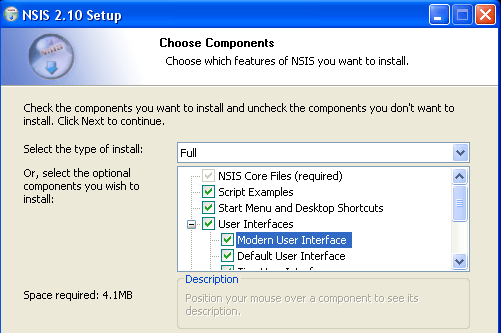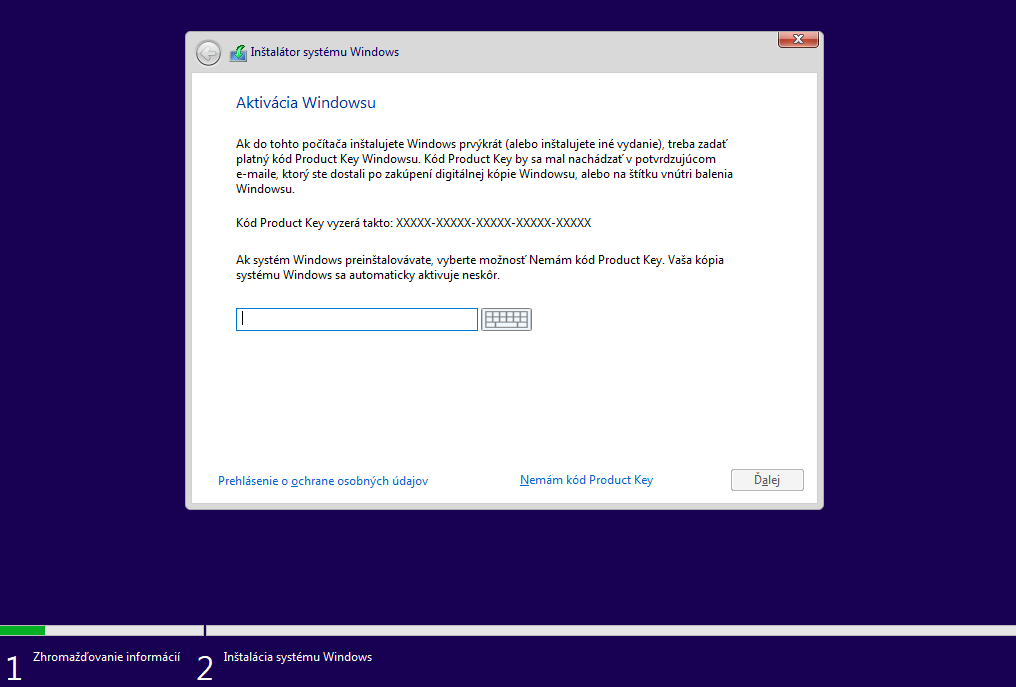
Resetting your device is less impactful than the clean install option, though it will require sufficient disk space.

Windows will handle everything automatically, and you won’t need to use an external storage device. This option will take your device back to a state similar to when you turned it on for the first time, removing programs you have installed and removing personal files, depending on which option you select. (This reinstall option deletes and recreates all disk partitions.) Reinstall Windows 11 using installation mediaĬlean install of Windows 11 using installation media Reinstall Windows 11 using installation media What happens to data stored in other folders or drivesĪpps that didn't come with your PC are removed. What happens to your personal data stored under \Users For more info, see How reserved storage works in Windows. Reserved storage sets aside disk space to be used by updates, apps, temporary files, and system caches, thus improving the day-to-day function of your PC by ensuring that critical OS functions always have access to disk space.įor devices with reserved storage, a reset or reinstall will first use the reserved storage space before using other disk space. If this is the case, you'll need to temporarily disable your antivirus to let the installation complete.Reinstalling Windows 11 using installation media while choosing to ‘Keep nothing’ (a clean install) will automatically enable reserved storage if the partition you reinstall Windows to is 20GB or larger. It may prevent legitimate programs from accessing necessary folders when they try to install (Malwarebytes Premium has been known to do this). However, your antivirus can also become overzealous. If it's a tool you once trusted, it's possible that the app has been hijacked, or that you downloaded a bad copy from a shady website. Avoid installing anything that's infected, of course.

If you suspect that a program you want to install contains malware, you should scan it with an online virus scanner. Try opening your security suite and checking for recent alerts to find out if this is the case. But if you've disabled notifications from your antivirus, you might not see this warning. When your antivirus detects this, it will hopefully block you from installing that app. In one case, you may be trying to install a program that's actually malware.

This can be helpful or a pain, depending on the circumstance. Sometimes, your antivirus or anti-malware software can prevent software from installing on Windows.


 0 kommentar(er)
0 kommentar(er)
